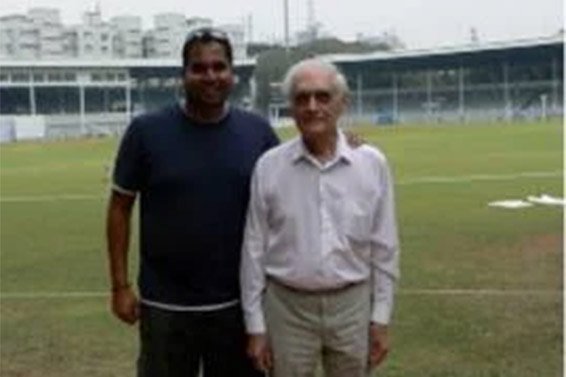S S Tarapore: A crusader against inflation
Former Reserve Bank of India Deputy Governor S S Tarapore, known for his contribution to first-generation reforms in the financial sector, died early Tuesday morning.
He was 79, and is survived by his wife and two daughters. Last Saturday, he suffered a mild stroke, followed by another one, and was admitted to Sir H N Reliance Foundation Hospital and Research Centre in south Mumbai.
Though Parsi by birth, he was cremated at the Chandanwadi Crematorium in Marine Lines, according to his wishes for conducting his last rites simply, said a family member.
Born on September 13, 1936, Tarapore joined RBI in 1961 as a research officer. He became its deputy governor in 1992, and his career at the central bank ended in 1996. “His contributions as a member on the two Narasimham committees set the tone for first-generation reforms in the financial sector,” said Raghuram Rajan, the current governor of RBI.
The first Narasimham committee was set up in 1991 by former RBI Governor M Narasimham to look into all aspects of financial reform in India. Accepting most of the suggestions of this committee, the then government had announced a slew of reforms. The second Narasimham committee was set up in 1998, to review the progress of reforms in the banking sector.
Rajan added: “The road map he enunciated for India’s journey towards capital account convertibility in the report of the Committee on Capital Account Convertibility, of which he was the chairman, though much criticised initially, was accepted later by the world as the way to go on the road to convertibility.”
Another former RBI governor, C R Rangarajan, said Tarapore believed strongly in the power of central banks to influence the economy. “He also believed that the dominant objective of the Reserve Bank was price stability, both in the short and long run. “He may be called a crusader in the fight against inflation. He did not mind being branded as a hard liner for this.”
Narendra Jadhav, chairman, RBI History Advisory Committee, and a former chief economist at RBI, said Tarapore did not want to be in the forefront. He became known much in public life after ending his innings at the RBI, as the chairman of the committee that prepared the road map for capital account convertibility for Indian currency. It submitted its report in June 1997 to RBI.
Jadhav said: “He represented continuity and institutional memory at the central bank. He was keen on oral documentation of the RBI’s history. We will miss his rich contribution.”
Published on Business Standard





